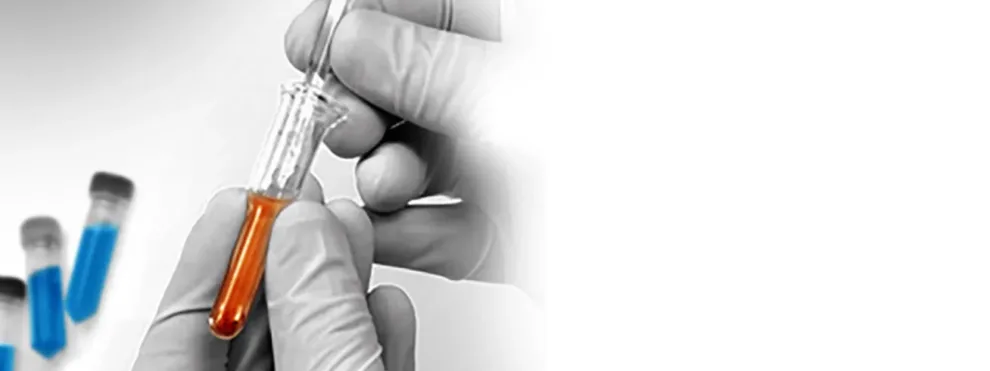Tissue and Non-Liquid Matrices (such as cell lines, red blood cells, PBMCs, bone marrow aspirates, and suspension cells) are valuable matrices[] to test for biomarkers (PD) and drug levels (PK). Testing of tissues and non-liquid matrices are critical for support of small molecule, large molecules, and cell and gene therapies. The explosion of cell and gene therapies and the challenges bioanalytically has resulted in a need for tissue and non-liquid matrices drug development support. Unfortunately, due to a lack of proper design, experience, expertise, and performance too many studies result in no data or uninterruptable data when the matrix is a tissue or non-liquid biopsy. The root cause is a break down in how the sample was collected, processed, stored, and tested for recovery and normalization of the drug or biomarker. Not enough feasibility and development was performed to ensure you are generating reliable and defendable data. We at KCAS have the good fortunate to have been helping people develop drugs since 1979 and tissue analysis is one of our core expertise.
tissues and non-liquid matrices are critical for support of small molecule, large molecules, and cell and gene therapies. The explosion of cell and gene therapies and the challenges bioanalytically has resulted in a need for tissue and non-liquid matrices drug development support. Unfortunately, due to a lack of proper design, experience, expertise, and performance too many studies result in no data or uninterruptable data when the matrix is a tissue or non-liquid biopsy. The root cause is a break down in how the sample was collected, processed, stored, and tested for recovery and normalization of the drug or biomarker. Not enough feasibility and development was performed to ensure you are generating reliable and defendable data. We at KCAS have the good fortunate to have been helping people develop drugs since 1979 and tissue analysis is one of our core expertise.
We help our partners with tissue analysis and non-liquid matrices needs by leveraging our experience with automated homogenization, manual homogenization, optimization of homogenization buffers, and the long list of species and tissue types we have experience with. We have done studies looking at everything from human nerves to pig bladders to murine tissues. PK and Biomarker qualifications and validations of those methods is an area where we can offer consultative services to assist our clients. We at KCAS have qualifying or validated hundreds of tissue PK and Biomarker/PD assays.
As the restrictions on clinical trials are lifted due to COVID, the surge in demand for bioanalytical testing of tissues and non-liquid matrices for support of drug development, specifically cell and gene therapies, is skyrocketing. We at KCAS have been successfully supporting PD/biomarker and PK testing for tissues and non-liquid matrices for over 40 years. We have the experience and expertise to properly help you answer questions about considerations and best practices for sample preparation such as the source of the samples, collection and transportation of the samples, the anticoagulant selection, the cell isolation of the tissues or biopsies, and the sample characterization.
In the absence of an official guidance in handling tissue and non-liquid matrices a proactive method feasibility study is a good creative approach for how to help determine how to adhere to the Bioanalytical Method Validation (BMV) requirements.
We assist with answering questions such as should you incorporate sample collection and shipping conditions as part of the assay validation or do you start validation with processed sample? This seems to be a simple question but for all tissue specimen formats, there may be a need to establish temporary storage conditions (prior to shipment) that are different from the extended storage condition, based on the clinical site’s equipment limitations. This is just the tip of the iceberg of some of the challenges with tissue and non-liquid matrices sample collection and handling. Some additional items to consider are how to normalize homogenized tissues, variability in measurement of cell counts, the potential of blood contamination, the inability to create spiked samples in the tissue itself, and the tissue being a rare matrix. We have not even begun to drill down into the parameters for a fit-for-purpose validation and the context of use of the method.
Good news! We have tissue and non-liquid matrices expertise for PD/ biomarkers and PK. It does not matter if your drug is a small molecule, a large molecule or cell/gene therapy we have the people, facility, and instrumentation to support your bioanalytical needs. We at KCAS get up every day and have the pleasure of being able to impact global health by helping our partners develop drugs. With a can-do attitude and positive approach we are solving problems and exceeding time lines.

